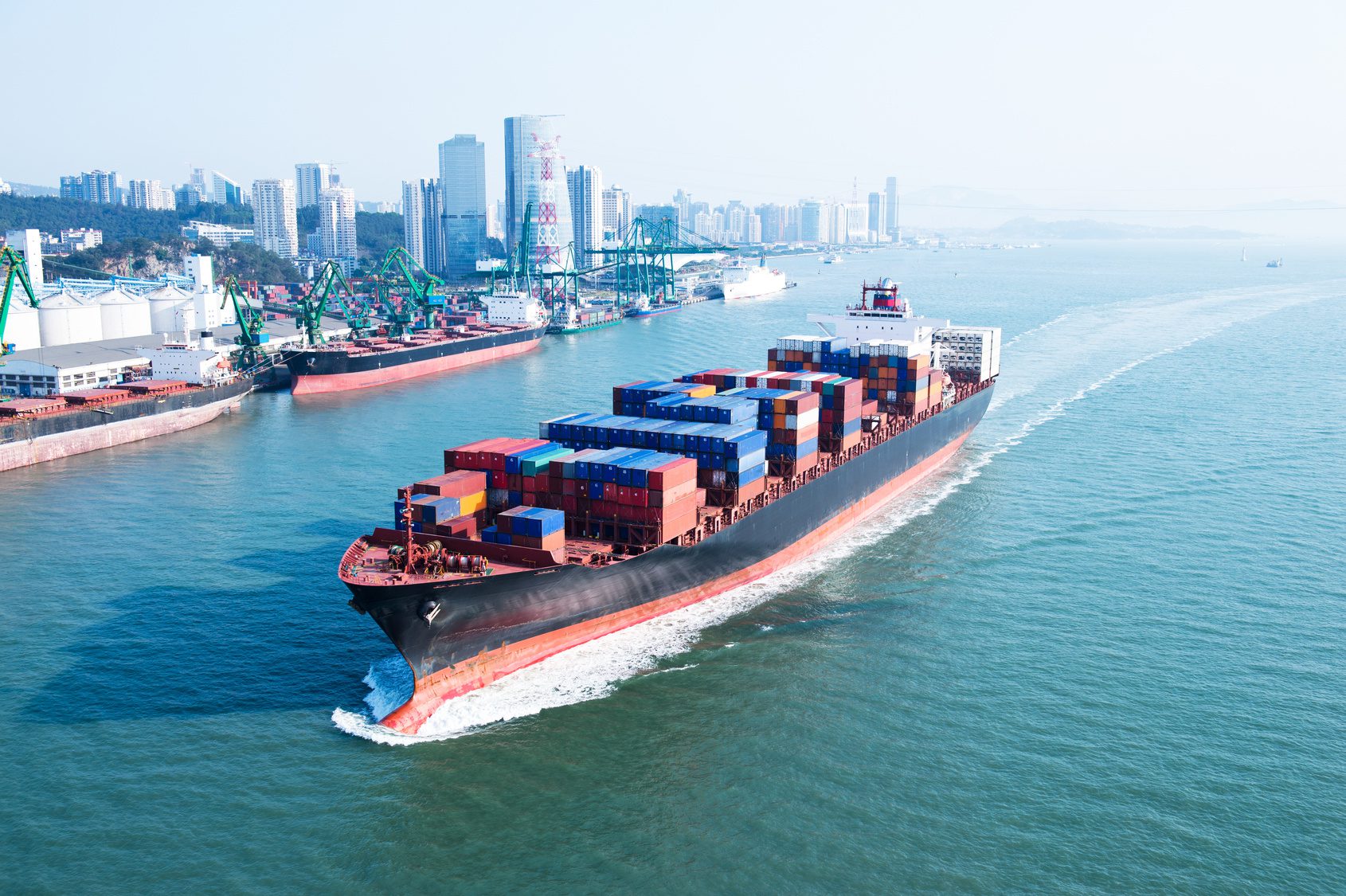Marine transport plays a crucial role in global trade and travel, connecting nations and facilitating the movement of goods and people across vast bodies of water. From ancient times to the modern era, maritime transportation has evolved significantly. In this blog, we will delve into some intriguing facts about marine transport, highlighting its historical significance, technological advancements, and specific details related to Abu Dhabi’s marine transport industry.
Ancient Origins and Importance
Marine transport has a rich history dating back thousands of years. Early civilizations relied on boats and ships to explore new territories, trade valuable goods, and establish cultural exchanges. Phoenicians, Egyptians, and Greeks were among the prominent seafaring civilizations that contributed to the development of marine transportation. Today, marine transport remains a vital industry, responsible for more than 80% of global trade by volume. It enables the transportation of raw materials, manufactured goods, and fuels across the world, supporting economic growth and international relations.
Revolutionary Containerization
One of the most significant advancements in marine transport was the introduction of containerization. In the 1950s, container ships revolutionized the industry by standardizing cargo units, enabling efficient loading, unloading, and transportation. These standardized containers significantly reduced labor costs, simplified logistics, and accelerated the global supply chain. Abu Dhabi, the capital of the United Arab Emirates, has embraced containerization, boasting state-of-the-art container terminals that handle vast amounts of cargo, contributing to the region’s economic development and global trade connectivity.
Impressive Supertankers
When it comes to marine transport, supertankers command attention. These colossal vessels, sometimes exceeding 1,000 feet in length, transport crude oil and other liquids across the oceans. Their immense size allows them to carry enormous quantities of oil, making them vital in meeting global energy demands. Abu Dhabi’s strategic location and rich oil reserves have made it a key player in the supertanker industry. The city’s ports accommodate these mammoth vessels, facilitating the export of oil and fostering Abu Dhabi’s position as a major maritime hub.

Environmentally Friendly Innovations
In recent years, marine transport has faced increasing scrutiny regarding its environmental impact. To address this concern, the industry has been actively seeking innovative solutions. Abu Dhabi, a forward-thinking city, has embraced environmentally friendly initiatives in its marine transport sector. The Abu Dhabi Ports Authority has implemented measures such as shore power systems to reduce emissions from docked vessels, and they have invested in research and development to explore sustainable alternatives, including electric and hydrogen-powered ships. These eco-friendly efforts aim to minimize marine pollution and promote a more sustainable future.
The New Era of Autonomous Ships
Advancements in technology are propelling marine transport into a new era with the development of autonomous ships. These vessels, equipped with artificial intelligence and advanced navigation systems, have the potential to revolutionize the industry further. While the transition to fully autonomous ships may take time, the concept holds promise for enhancing safety, optimizing routes, and reducing human error. Abu Dhabi, renowned for embracing cutting-edge technologies, is actively exploring the integration of autonomous vessels into its maritime transport infrastructure, fostering innovation and positioning itself as a leader in the field.
Conclusion
Marine transport has a captivating history and continues to evolve with the changing times. From ancient seafaring civilizations to modern supertankers and autonomous ships, the industry has witnessed remarkable transformations. Marine transport Abu Dhabi’s sector plays a vital role in global trade and connectivity, with its advanced container terminals, supertanker operations, and eco-friendly initiatives. As the world progresses, marine transport will undoubtedly remain a crucial component of international commerce and travel, shaping the future of global connectivity.

